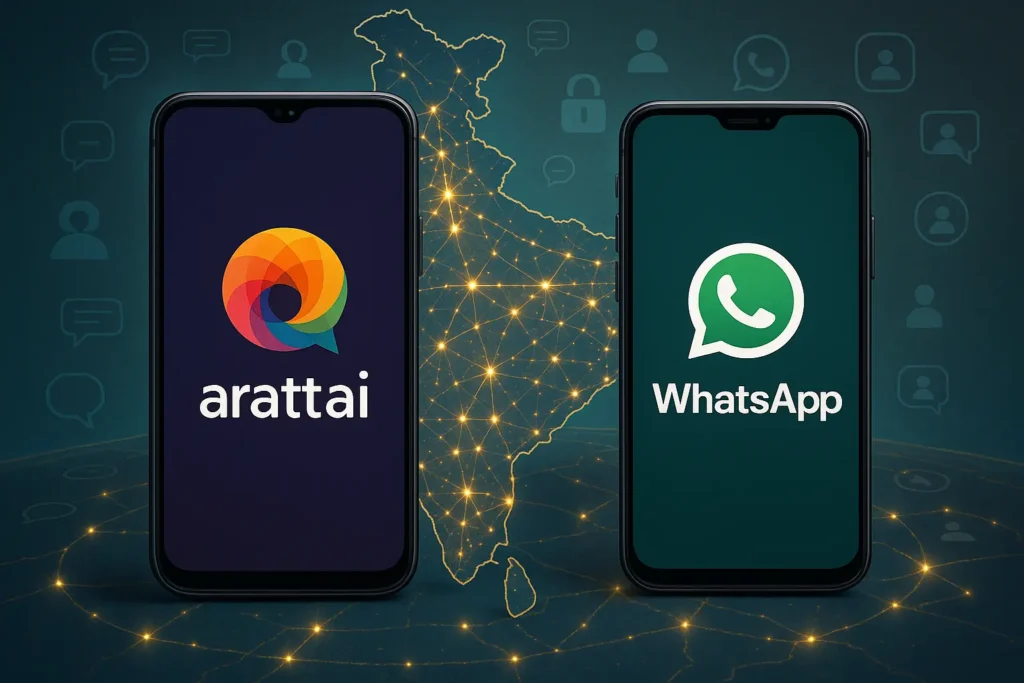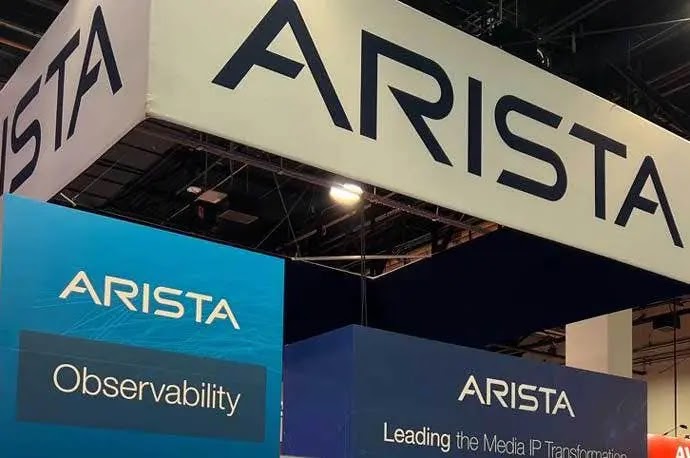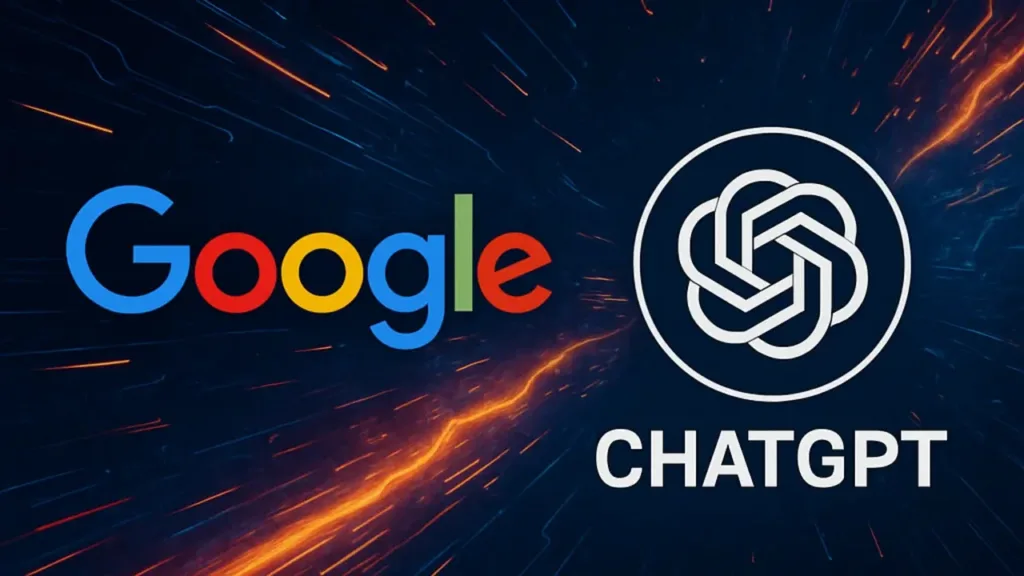WhatsApp is the undisputed king of instant messaging, with more than 2 billion global users, including over 500 million in India. Yet concerns around privacy and its ties to Meta have left many people searching for alternatives. Enter Arattai, a homegrown messaging app from Chennai-based Zoho Corporation.
Launched in beta in 2021 and now steadily evolving, Arattai promises to be a lightweight, privacy-conscious, Made-in-India alternative. Its name, Arattai, means “casual chat” in Tamil — and that’s the exact experience it aims to deliver. But can it realistically compete with WhatsApp? Let’s take a closer look.

Key Highlights
- Arattai, built by Zoho, is a Made-in-India messaging app optimized for low-end phones and weak internet connections.
- Offers voice/video calls with end-to-end encryption, group chats, and file sharing, but messages are not yet fully encrypted.
- Endorsed by Indian ministers as a secure, local alternative to WhatsApp, tying into India’s push for digital self-reliance.
- Backed by Zoho Corporation, a global SaaS giant with 130M+ users in 150 countries.
- Still faces challenges against WhatsApp, Telegram, and Signal in terms of adoption and advanced features.
What is Arattai?
Arattai is Zoho’s consumer-focused messaging app designed for simplicity, inclusivity, and accessibility. According to Zoho’s founder and CEO Sridhar Vembu, the app was built to run smoothly on low-end smartphones and in low-bandwidth environments — as little as 8 kbps.
This is a deliberate move to bridge the digital divide. In countries like India, millions of users still rely on budget smartphones and unreliable internet connections. While heavy apps like WhatsApp and Telegram demand more data and processing power, Arattai’s lightweight design ensures no one is left behind.
Key Features of Arattai
Despite being designed for weaker devices and networks, Arattai packs several must-have features:
- Low-bandwidth optimization: Works even with patchy or slow connections.
- Lightweight design: Runs smoothly on budget smartphones.
- Messaging essentials: Text, images, videos, documents, and group chats.
- Voice & video calls: Encrypted end-to-end for security.
- Stories & channels: Lets users share updates and businesses connect with audiences.
- Ad-free experience: Unlike many competitors, Zoho doesn’t rely on ads or selling user data.
However, there’s one notable gap: messages are not yet end-to-end encrypted. While calls are secure, the absence of encrypted chats is a drawback for privacy-focused users.
Why Arattai Matters
The launch of Arattai isn’t just about creating another chat app. It’s about making digital communication accessible to all. Vembu has stressed that technology should not exclude people with low-end devices or limited internet.
By keeping the app light, Arattai taps into an underserved market — millions of users in rural and semi-urban regions who often struggle with heavy apps. As more of these users come online, the demand for such apps will only grow.
At the same time, Arattai reflects a broader push in India to promote self-reliant technology ecosystems. Supporting homegrown alternatives is not just about convenience but also about digital sovereignty.
Government Support & Public Endorsements
Arattai has received rare visibility thanks to endorsements from Indian ministers.
- Union Education Minister Dharmendra Pradhan publicly encouraged citizens to try Arattai, calling it a “secure and easy-to-use” Indian alternative to WhatsApp.
- IT and Railways Minister Ashwini Vaishnaw also highlighted Zoho’s tools during a Cabinet briefing, using Zoho’s presentation software as a subtle nod to India-made solutions.
These endorsements tie into Prime Minister Narendra Modi’s Swadeshi drive, which encourages the adoption of local digital products over foreign alternatives.
While political backing can boost visibility, Arattai’s long-term success will depend on user adoption and how well it can evolve to meet modern security expectations.
Arattai vs WhatsApp: Feature Comparison
Here’s how Arattai stacks up against WhatsApp:
- Privacy & Security: WhatsApp offers full end-to-end encryption for both messages and calls. Arattai encrypts calls but not chats — a gap that raises concerns.
- User Base: WhatsApp has billions of users worldwide; Arattai is still in the early stages of adoption.
- Performance: Arattai is optimized for low bandwidth and budget phones, something WhatsApp does not focus on.
- Business Use: WhatsApp has become a hub for payments and business tools. Arattai currently offers channels and sharing but is more limited.
- Trust Factor: Zoho is known for never monetizing user data, while WhatsApp is integrated into Meta’s ad-driven ecosystem.
📌 Read More
Security & Privacy Concerns
Zoho markets Arattai as a privacy-first platform, and its track record in business software supports that claim. The company operates its own data centers, keeps user data within India, and avoids ad-based monetization.
However, the absence of end-to-end encryption for messages is a major limitation. Until this is implemented, Arattai cannot fully match the privacy protections offered by WhatsApp, Signal, or Telegram. For privacy-conscious users, this remains a barrier to switching.
The Bigger Picture: Global Context
Arattai’s story isn’t just about India. Across the world, governments and regulators are increasingly worried about data sovereignty and digital monopolies. The EU’s GDPR laws, discussions around data localization, and growing distrust of big tech all create opportunities for regional alternatives.
In this global context, Arattai positions itself as a Made-in-India, Made-for-the-World solution. Zoho already serves 130 million users across 150 countries with its SaaS products. If it can fix security gaps and continue expanding features, Arattai could appeal to global audiences seeking lightweight, privacy-first messaging tools.
Pros and Cons of Arattai
Pros
- Runs smoothly on low-end phones and weak internet.
- Strong privacy stance, ad-free model.
- Backed by Zoho, a trusted global tech company.
- Government support and visibility in India.
Cons
- No end-to-end encryption for messages yet.
- Much smaller user base compared to WhatsApp.
- Limited advanced features and integrations.
- Adoption outside India remains uncertain.
Can Arattai Compete with WhatsApp?
Head-to-head, the answer is no — at least not yet. WhatsApp’s dominance, network effect, and features are too deeply embedded in daily life.
But Arattai doesn’t necessarily need to replace WhatsApp. Its real strength lies in:
- Serving underserved users with low-end devices.
- Positioning itself as a trustworthy, ad-free alternative.
- Leveraging Zoho’s ecosystem and reputation to grow gradually.
If Zoho delivers on its promise of privacy, encryption, and continuous updates, Arattai could carve out a strong niche in India and even abroad.
Conclusion
Arattai is more than just another chat app — it’s a symbol of India’s ability to create global-standard digital products while addressing local challenges. With its lightweight design and strong privacy focus, it brings real value to users left behind by heavier apps.
That said, without end-to-end encryption for messages, it falls short of being a true WhatsApp competitor. The foundation is strong, but the road ahead depends on how quickly Zoho can bridge these gaps.
For now, Arattai is worth trying if you want a Made-in-India, privacy-conscious alternative. It may not dethrone WhatsApp anytime soon, but it represents a step toward more inclusive and self-reliant digital ecosystems.



